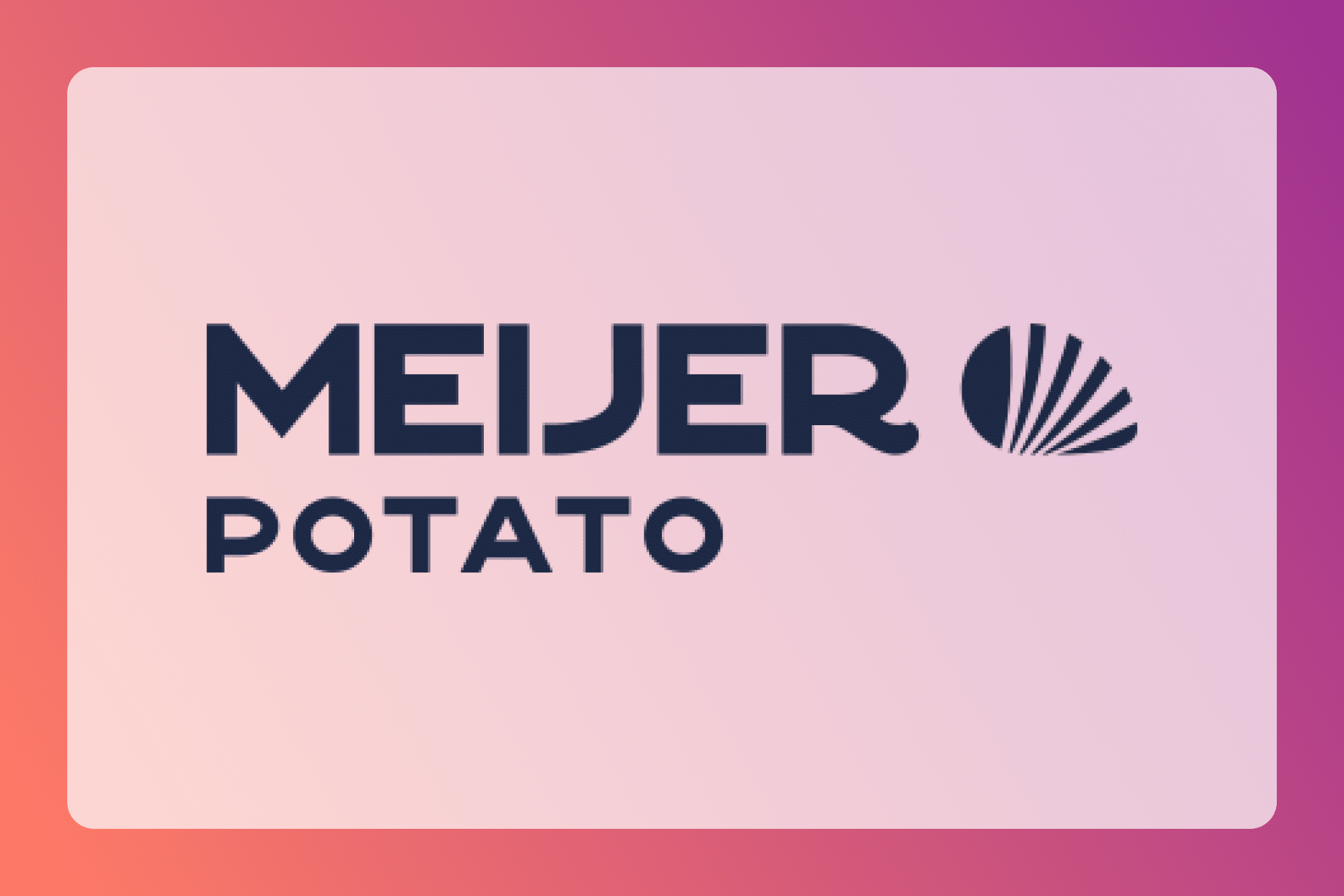Meijer Potato
Leading potato breeder drives continuous innovation with the Boomi Enterprise Platform
Business goals
Meijer’s potato breeding process involves various data sources, such as genetic analyses, lab trials, and field tests, to inform decision-making. However, handling large volumes of data from these sources was often time-consuming and prone to inconsistencies and errors.
To stay competitive amidst climate change and shifting consumer demands, Meijer needed to expedite the development of new potato varieties, improve data accuracy, and refine their operational processes, ensuring efficiency and responsiveness in a dynamic industry.
Integration Challenges
Meijer faced challenges integrating data due to reliance on legacy systems and shadow IT solutions. Manual processes and spreadsheets slowed the potato breeding cycle, causing loss of critical insights across decentralized systems, complicating analysis and decision-making.
Moreover, outsourcing large-scale data analysis for DNA sequences, soil sensors, and drone imagery became costly. Recognizing these issues, Meijer sought a centralized data platform to streamline the breeding process, enhance accuracy in developing new potato varieties, eliminate operational bottlenecks, and facilitate business growth.
How Boomi Helped
Meijer collaborated with Emixa to establish an integrated data management strategy using the Boomi Enterprise Platform. Boomi centralized diverse data sources, from field tests to genetic data, through Microsoft Azure.
An in-house HPC cluster enables complex DNA analysis, a task that was previously outsourced. Boomi also integrates Meijer’s “Crossing Potatoes” app, automating and optimizing the breeding process through sophisticated data models. Boomi Data Hub enriches data quality and governance, providing stakeholders access to accurate, up-to-date information to accelerate innovation.
Results
Since implementing the Boomi platform, Meijer has transformed its data landscape, enabling:
- Shorter breeding cycles by centralizing data management, providing real-time visibility and historical insights
- Scalability and responsiveness to industry and environmental changes
- Reduced costs and enhanced data governance by insourcing complex DNA analysis
- Streamlined operations and data processes, giving teams easy access to accurate information
- Improved employee productivity by automating error-prone manual tasks



 English
English Deutsch
Deutsch Français
Français Italiano
Italiano 日本語
日本語